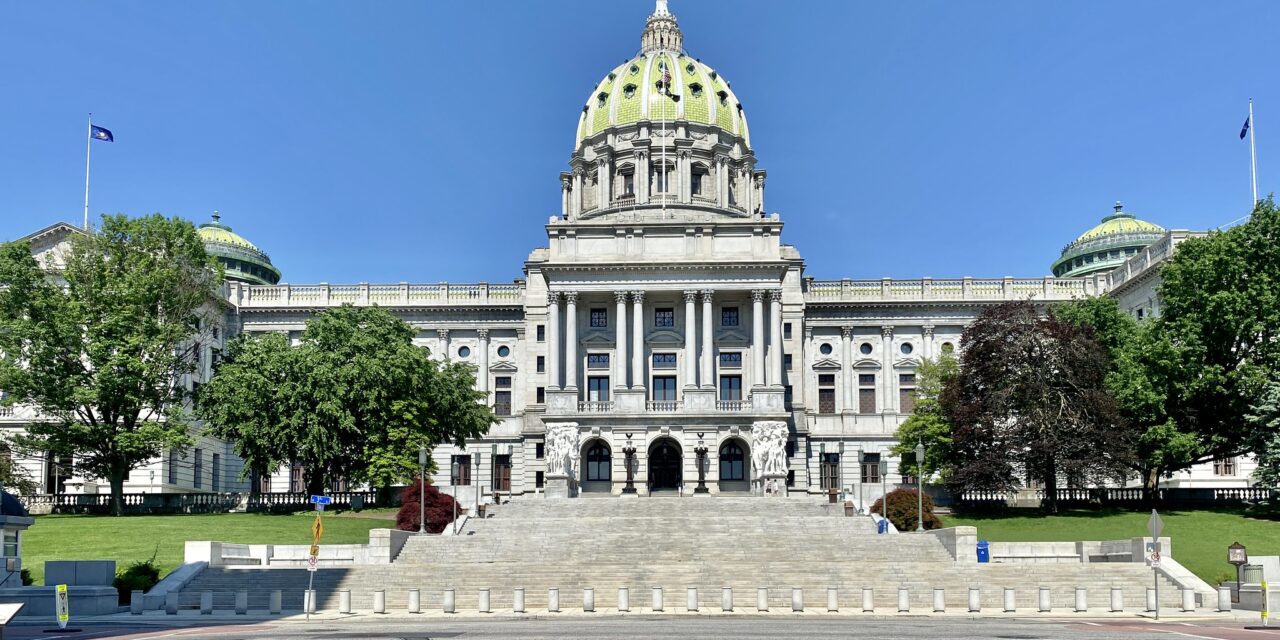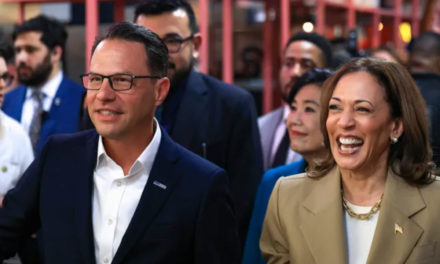Pennsylvania’s elected leaders face a statutory deadline of June 30 to approve a budget for the state. Last year, a deadlock over a school choice bill led to a protracted budget season, only wrapped up in September.
As of Thursday, Republican Senate Majority Leader Joe Pittman had announced an on-time budget was not possible, but he hopes “business can be concluded several days past June 30.”
The legislature is split between a Republican-led Senate and a Democrat-led House, with any legislation requiring the approval of Democrat Governor Josh Shapiro. In February, the Governor proposed a $48.3 billion budget which utilized about $3 billion from the state’s reserves to fund new spending. Pennsylvania has about $14 billion in reserves, a pile of money at the center of the debates in Harrisburg.
Republicans have approved tax legislation that would lower the state’s flat income tax from 3.07% to 2.8% and reduce taxes on energy. Democrats on the other hand seek to use the state’s reserves to fund an expansion in education spending, among other priorities.
In February 2023 the Commonwealth Court declared the state’s education funding system unconstitutional. The court’s opinion stipulated no specific remedies nor a timeline, but Democrats and Republicans have both used the ruling to support their preferred educational policies.
According to Democrats, the state reserves would be best utilized by increasing spending on public school districts in lower-income areas because most funding for public school districts comes from local real estate taxes. House Appropriations Chairman Jordan Harris (D-Philadelphia) argued this position by saying, “when we do not fully fund schools here, your local government is forced to raise taxes.” To this end, the Democrat House Majority passed a spending bill this month that would increase spending by $7 billion per year over five years.
Republicans, on the other hand, make the argument that changes to the system are called for, especially with regard to empowering parental choice. State Senator Scott Martin (R-Lancaster) described their position saying, “The ultimate form of accountability and education is when you have vested parents who are saying, ‘This isn’t working for my kid, and I want to put them in something that works for them.’” Senate Republicans have passed a bill authorizing Pennsylvania Award for Student Success, or PASS, scholarships, targeted toward helping students stuck in failing schools.
Another contentious issue dividing Democrats and Republicans is energy policy. Governor Shapiro has offered to remove Pennsylvania from the multi-state cap-and-trade Regional Greenhouse Gas Initiative, entered into by his predecessor Gov. Tom Wolf (Dem.), in exchange for new laws overseeing energy production and emissions output in the state. Republicans, meanwhile, have focused on a series of proposals, such as regulatory streamlining and a new state agency to encourage resource development, “to use our natural resources, [and] create economic opportunity,” according to Senate Majority Leader Joe Pittman.
There are a few more items that may become bargaining chips in the budget negotiations. Gov. Shapiro has a proposal to tax “skill games”, which are electronic slot machines currently unregulated by the state, as a way to raise revenue for other items on his wish list. There is bipartisan support for a paid family leave program, sponsored by Sens. Devlin Robinson (R-Pittsburgh) and Maria Collett (D-Montgomery). And a Democrat-led “Momnibus” group of bills would fund programs such as female hygiene products in schools and supplies for new mothers and their babies.






